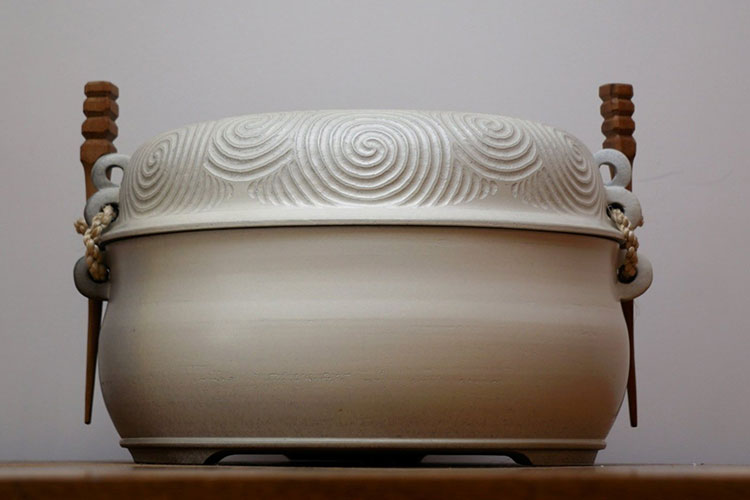Vernon, a prison-based learner in his late 30s, has been through most of his life not knowing how to read.
He told his kaiako (tutor) that he never thought he’d be able to.
But with support from the Everday Skills Intensive Literacy and Numeracy (ILN) programme, which Te Wānanga o Aotearoa delivers at the 16 New Zealand public prisons, he’s now learning how to.
Vernon is now at step three on the Literacy and Numeracy For Adults Assessment Tool, which means he’s more confident reading everyday words and understanding pictures to help him find information.
And for the first time in his life, he’s borrowing books from the prison library.
The Everday Skills programme, which is designed for learners who need intensive support with reading, writing and numeracy, has changed Vernon’s life and he’s not alone.
Sixty-three percent of all prisoners have literacy skills below Level 1 NCEA literacy standards.
In 2015/16, 884 prisoners were enrolled in the Everyday Skills programme, and 91 percent of these learners moved to step three or higher in their first year of learning.
The Everyday Skills programme involves 40 improvement workshops with learners undertaking an average of 100 hours learning time over a five to 20-week period.
National Manager - Literacy & Numeracy Support Services Conny Huaki said mahi taki tahi – a rotational workstation approach including reading, writing, numeracy, educational games, toi and one-on-one time with a tutor – is the programme’s point of difference.
She said lessons include interactive activities to ensure engagement, retention and completion.
“We engage learners by looking for the hook to keep them interested. For example, if they’re keen on waka ama or carpentry we can incorporate that in their learning.”
Corrections Principal Adviser Education and Training Nigel Banks says the programme puts a greater focus on supporting learner’s identity, culture and language. Tutors work face to face with learners in a culturally-responsive way.
“This helps with engagement and achievement. We’re enthusiastic about the potential pathways to further education and employment. By lifting their literacy and numeracy levels, they are in a better position to benefit from Corrections’ rehabilitative opportunities.”
TWoA has a three-year contract to provide up to 100 hours of intensive literacy and numeracy support to about 1,200 prisoners per year.
-
 Kāinga
Home
Kāinga
Home
-
 Kāinga
Home
Kāinga
Home
-
Ngā ĀkorangaOur Programmes
Ngā Ākoranga - Our Programmes
-
Ngā RoheOur Locations
Ngā Rohe - Our Locations : Main Service Centres
-
Ngā TauiraStudents
Ngā Tauira - Students
- HonongaStay Connected
- Te WhareAbout Us



































